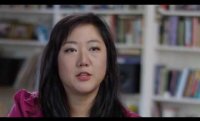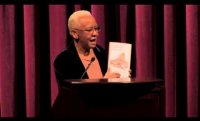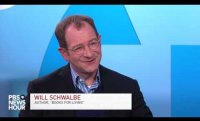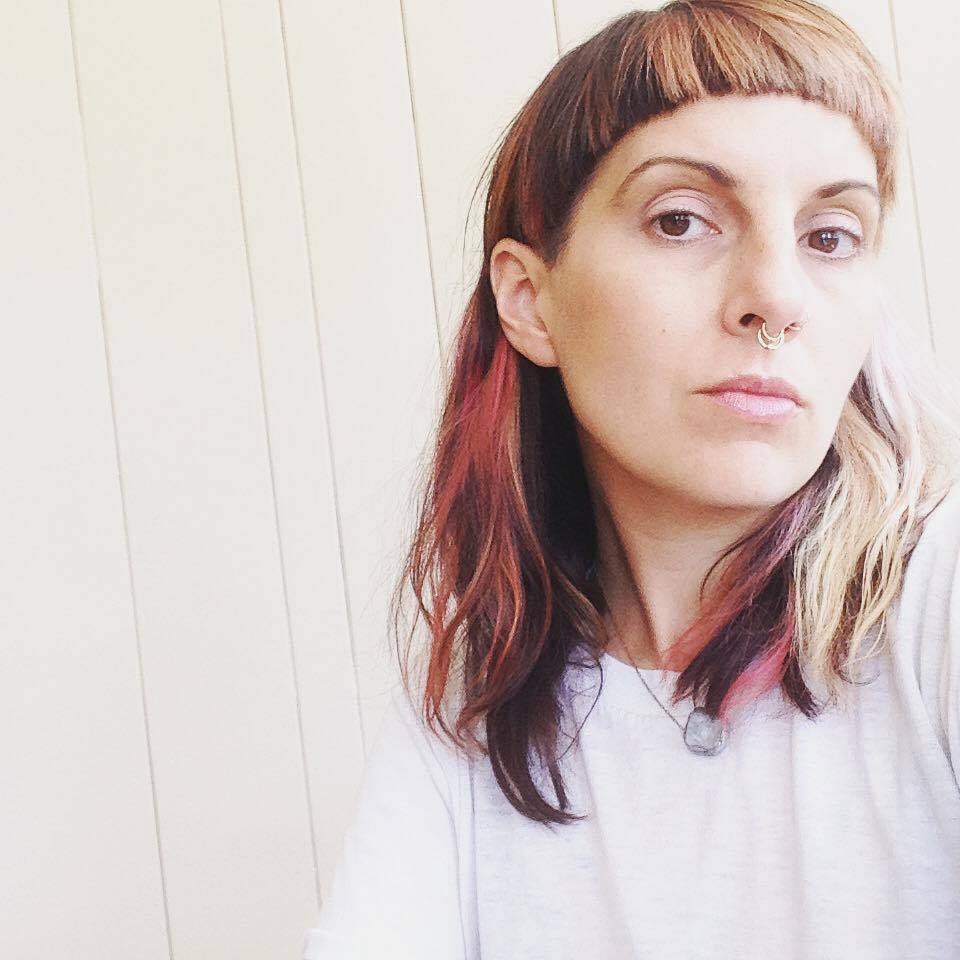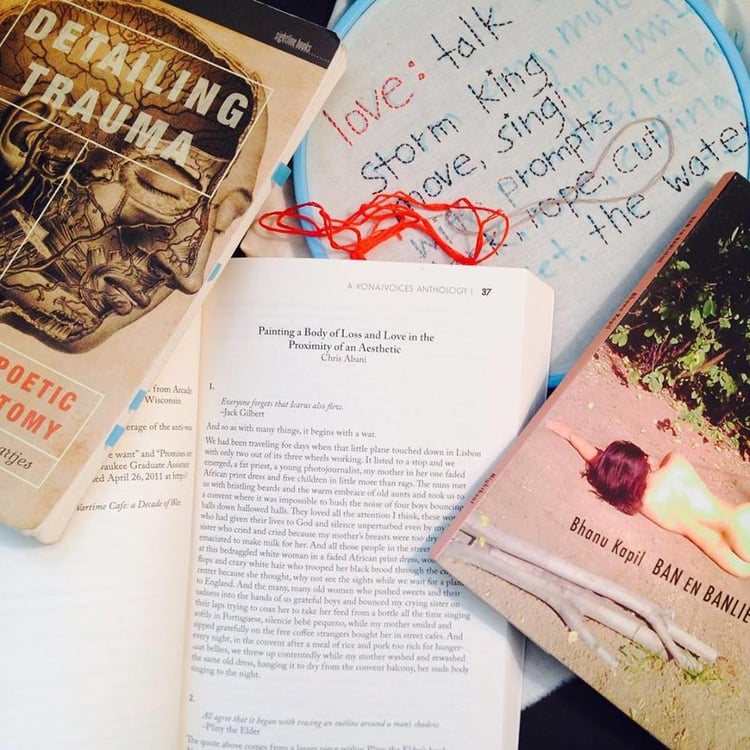PEN America announced on Wednesday the finalists for the 2017 PEN Awards. The annual awards are given for books of poetry, fiction, nonfiction, and translation published in the previous year. This year PEN America will award nearly $315,000 to writers, including the inaugural $75,000 PEN/Jean Stein Book Award, given for a “book of extraordinary originality and lasting influence.”
The finalists are:
PEN/Jean Stein Book Award: A prize of $75,000 given annually to recognize a book-length work in any genre for its originality, merit, and impact.
Known and Strange Things (Random House) by Teju Cole
Olio (Wave Books) by Tyehimba Jess
The Return: Fathers, Sons and the Land in Between (Random House), Hisham Matar
Dark Money (Doubleday) by Jane Mayer
The Underground Railroad (Doubleday) by Colson Whitehead
PEN/Robert W. Bingham Prize for Debut Fiction: A prize of $25,000 given annually to an author whose debut work—a first novel or collection of short stories published in the previous year—represents distinguished literary achievement and suggests great promise of a second work of literary fiction.
Insurrections (University Press of Kentucky) by Rion Amilcar Scott
We Show What We Have Learned (Lookout Books) by Clare Beams
The Mothers (Riverhead Books) by Brit Bennett
Homegoing (Knopf) by Yaa Gyasi
Hurt People (Farrar, Straus & Giroux) by Cote Smith
PEN/Diamonstein-Spielvogel Award for the Art of the Essay: A prize of $10,000 is given annually for a book of essays published in the previous year that exemplifies the dignity and esteem that the essay form imparts to literature.
The Art of Waiting: On Fertility, Medicine, and Motherhood (Graywolf Press) by Belle Boggs
Known and Strange Things (Random House) by Teju Cole
A Woman Looking at Men Looking at Women: Essays on Art, Sex, and The Mind (Simon & Schuster) by Siri Hustvedt
The Girls in My Town (University of New Mexico Press) by Angela Morales
Becoming Earth (Red Hen Press) by Eva Saulitis
PEN/John Kenneth Galbraith Award for Nonfiction: A prize of $10,000 is given biennially to an author of a distinguished book of general nonfiction published in the previous two years, possessing notable literary merit and critical perspective and illuminating important contemporary issues.
Evicted: Poverty and Profit in the American City (Crown) by Matthew Desmond
The Blood at the Root: A Racial Cleansing in America (Norton) by Patrick Phillips
Dreamland: The True Tale of America’s Opiate Epidemic (Bloomsbury Press) by Sam Quinones
Children of Paradise: The Struggle for the Soul of Iran (Riverhead Books) by Laura Secor
Bad News: Last Journalists in a Dictatorship (Doubleday), Anjan Sundaram
PEN Open Book Award: A prize of $5,000 is given annually for an exceptional book-length work of literature by an author of color published in the previous year.
The Book of Memory (Farrar, Straus & Giroux) by Petina Gappah
The Big Book of Exit Strategies (Alice James Books) by Jamaal May
What Is Not Yours Is Not Yours (Riverhead Books) by Helen Oyeyemi
Look (Graywolf Press) by Solmaz Sharif
Blackacre (Graywolf Press) by Monica Youn
Visit the website for a complete list of finalists, including those for the PEN Awards in biography, translation, poetry in translation, and literary sports writing. The winners of the 2017 awards will be announced on February 22 in New York City.
Established in 1963, the PEN America Literary Awards have honored hundreds of writers including Chimamanda Ngozi Adichie, Richard Blanco, Katherine Boo, Ta-Nehisi Coates, Cynthia Ozick, Marilynne Robinson, and Claudia Rankine.





